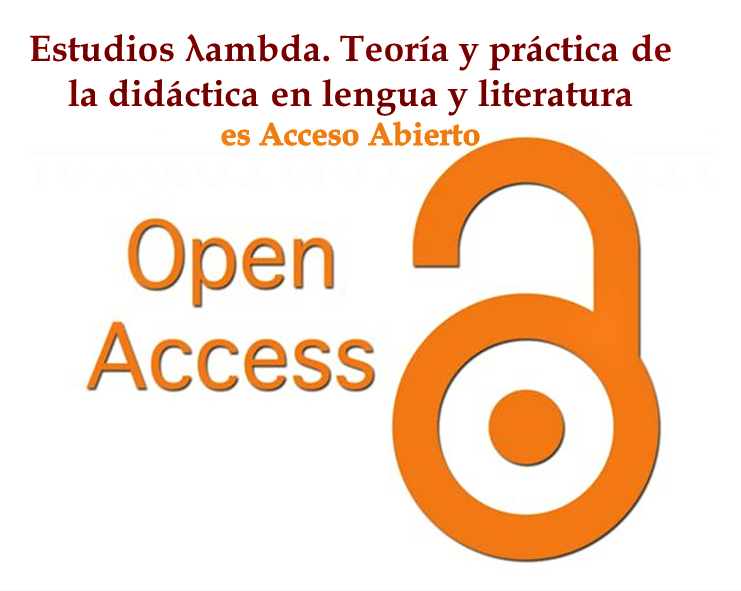Other Transformations of an Imperialist Genre
Other Transformations of an Imperialist Genre
DOI:
https://doi.org/10.36799/el.v3i1.70Keywords:
forma y género literario, cómic, literatura popularAbstract
"Alternative forms of the narrative genre" that is commented here, is the product of an interdisciplinary project with three directions identified and complemented in the search of genres different from the traditional verbal narrative (oral or printed). For texts with these modalities we have different directions: a) the theoretical framework: socio-historical hermeneutic, b) the theoretical-didactic reflection of the illustrated magazines with fixed and moving image (film), and c) the narrative legal through the analysis of the Term in the court. A member and one or two collaborators, in addition to the students who work the lines of their respective tutors, direct each of these lines of generation and application of knowledge. "Alternative forms of the narrative genre" aims to identify, although not exhaustively, genres and formats different from the traditionally known literary story, brief or extensive and which, as an umbrella term, could be called in its written form, epic. In this genre would fit subgenres such as the story with multiple types and subtypes, fables, legends, novels, myths, among others. All of them in printed format, that is, produced for mass dissemination, in print from the contribution of Gutenberg. We must clarify that, in terms of media support, formerly there were those same genres written (even in its oral form before writing), but were written by hand, on parchment, in stone, on tiles, on paper and other media and material formats.
Downloads
References
González G. Francisco. (Coord.). Formas alternativas del género narrativo. Cómics, cine, testimonios. Hermosillo, Sonora: Universidad de Sonora, 2018.
Downloads
Published
How to Cite
Issue
Section
License

This work is licensed under a Creative Commons Attribution-NonCommercial-NoDerivatives 4.0 International License.
El autor o autores conservan en todo momento sus derechos morales y patrimoniales sobre la obra; la obra no se puede alterar, transformar o ampliar; siempre debe reconocerse la autoría del documento referido. Ninguna de las modalidades de los documentos publicados en Estudios λambda. Teoría y práctica de la didáctica en lengua y literatura tienen fines comerciales de naturaleza alguna.



